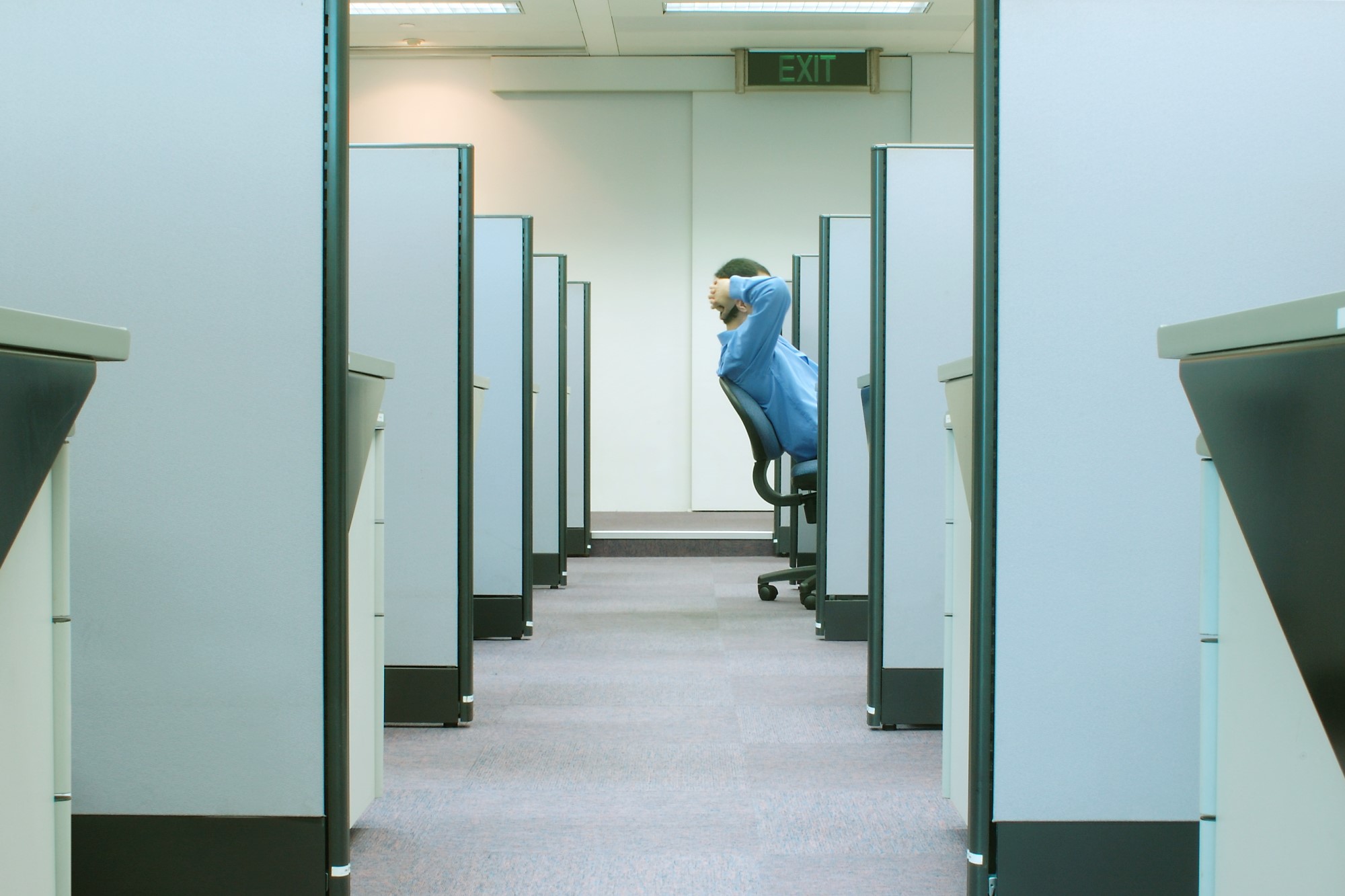Year in Review

What’s your favorite piece from the past year that our readers might enjoy and may have missed?
Benjamin Rossi: “Free Speech, Cancel Culture, and Compassion” by Rachel Robison-Greene
“Rachel’s contribution to our first ‘Under Discussion’ series presents a compelling and sensitive case against cancel culture, drawing on lessons from both history and philosophy.”
Beatrice Harvey: “Yes Elon, There Is Space Law” by Evan Butts
“Butts reminds us that our cultural fantasy of space exploration comes with imperialist baggage. His critique of SpaceX is salient and well-argued, and he draws attention to problems that future generations will have to grapple with as technology advances.”
Kiara Goodwine: “The ‘Wall of Moms’ and Manipulating Implicit Bias” by Meredith McFadden
“I enjoyed this piece because it thoroughly examined how allies, and their activist strategies, can themselves perpetuate biases about the very groups they seek to serve. It also drew strong parallels between the implicit biases held by both the aggressors and the ally ‘protectors’ during the 2020 racial justice protests.”
Marshall Thompson: “Should Republicans and Democrats Be Friends?” by Benjamin Rossi
“This piece does a wonderful job laying out the real world complications created by profound political disagreement. There is often not much we can do to address polarization ourselves, but that does not mean polarization does not change how we live. This piece does a great job looking at one of those potential implications: what sort of friendship should we have with those with whom we have vehement political disagreements?”
Rachel Robison-Greene: “Wildfires and Prison Labor: Crisis Continues to Expose Systemic Inequity” by Meredith McFadden
“Meredith’s discussion in this article highlights the ways in which various forms of injustice are interconnected. Exploitation is a common theme when it comes to human interaction with the natural world, our criminal justice system, and our health care system. We should be looking for ways of solving the world’s most pressing problems that don’t involve treating either people or the natural environment as things to be used.”
A.G. Holdier: “Time for a Paradigm Shift: COVID-19 and Human Consumption” by Rachel Robison-Greene
“This article captures two of the most important philosophical points about the saga of COVID-19 in 2020: the moral consequences of our present epistemological crisis and the anthropocentric foundation of the pandemic as a whole. Regarding the former, Robison-Greene discusses how conspiracy theories and distrust of experts were significant problems from even the earliest days of the outbreak in a way that underlines our social obligation to encourage the development of healthy epistemic social environments (instead of just treating “critical thinking” as a skill for individuals to develop on their own). Regarding the second, Robison-Greene demonstrates how the coronavirus grew and spread as a consequence of multiple commonplace (global) social practices that could easily have additional dangerous consequences if not addressed. Altogether, the article is a great example of how philosophers can (and should!) engage with contemporary issues, offering both depth and breadth to informed considerations of our world.”




